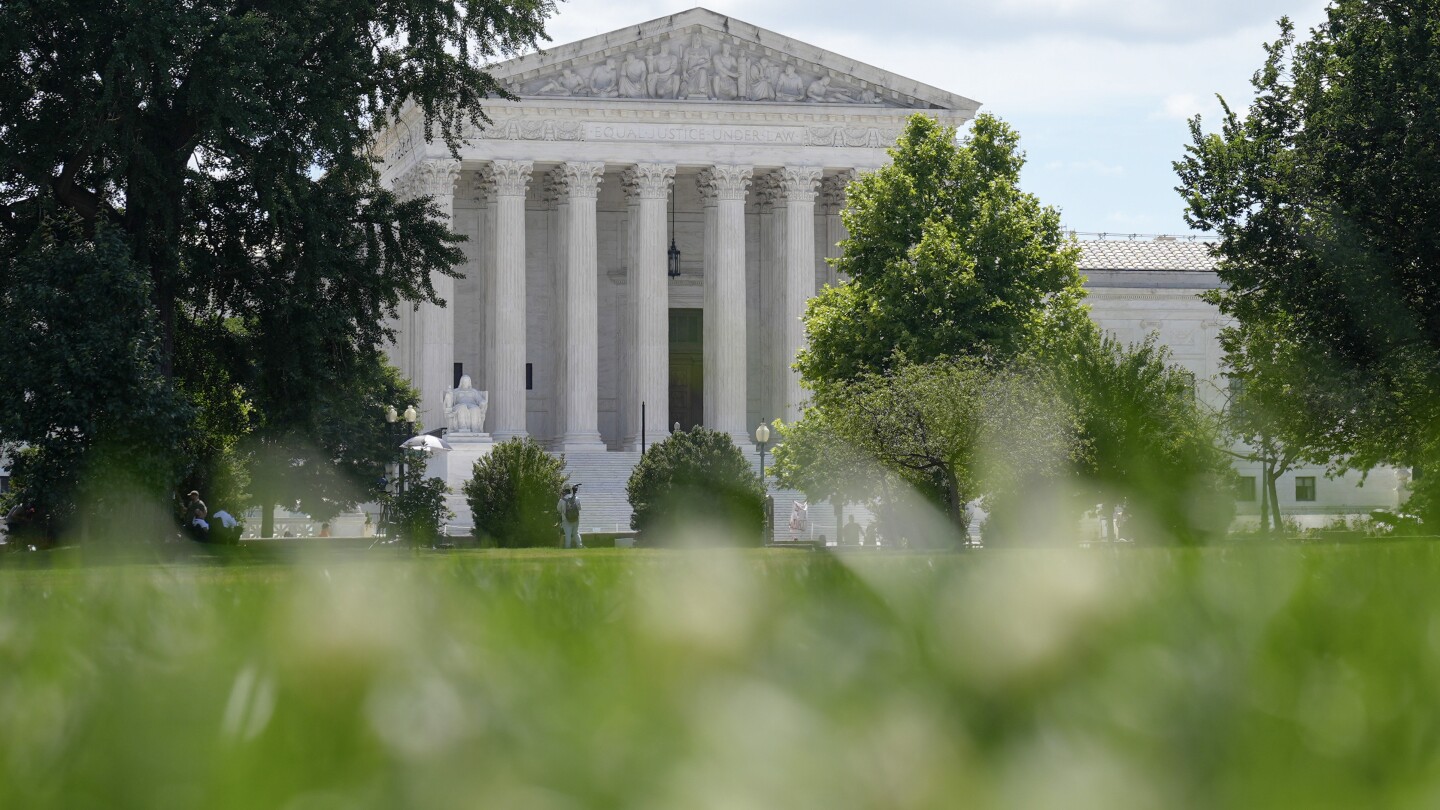The Supreme Court on Tuesday rejected Oklahoma’s emergency appeal seeking to restore a $4.5 million grant for family planning services in an ongoing dispute over the state’s refusal to refer pregnant women to a nationwide hotline that provides information about abortion and other options.
The brief order did not detail the court’s reasoning, as is typical, but says three justices — Clarence Thomas, Samuel Alito and Neil Gorsuch — would have sided with Oklahoma.
Lower courts had ruled that the federal Health and Human Services Department’s decision to cut off Oklahoma from the funds did not violate federal law.
The case stems from a dispute over state abortion restrictions and federal grants provided under a family planning program known as Title X that has only grown more heated since the Supreme Court overturned Roe v. Wade in 2022 and many Republican-led states outlawed abortion.



Okay, so women who ask about abortion must be given information about it. I assume, in Oklahoma, that information is “get out of state.”
Seems like there’s a super simple solution to this problem.
I assume that “rejected that as insufficient” means “gave the feds the bird”?
Again, seems like a super simple way to fix this, assuming, you know, that !OK actually wants to help its citizens, and isn’t just granstanding for political points or something.
They’ll cut off their nose to spite the libs